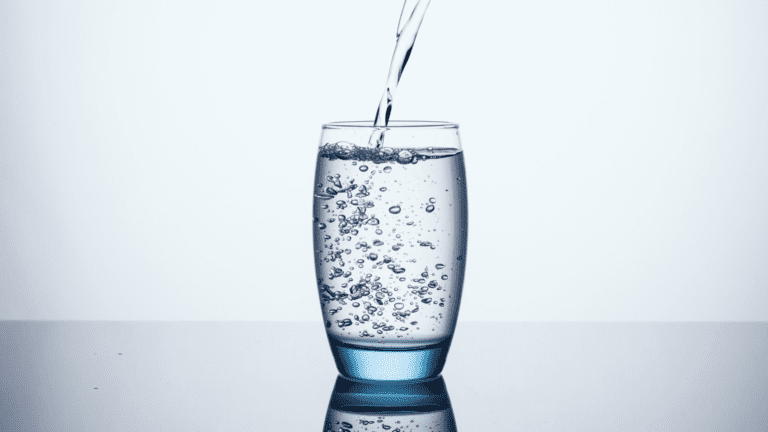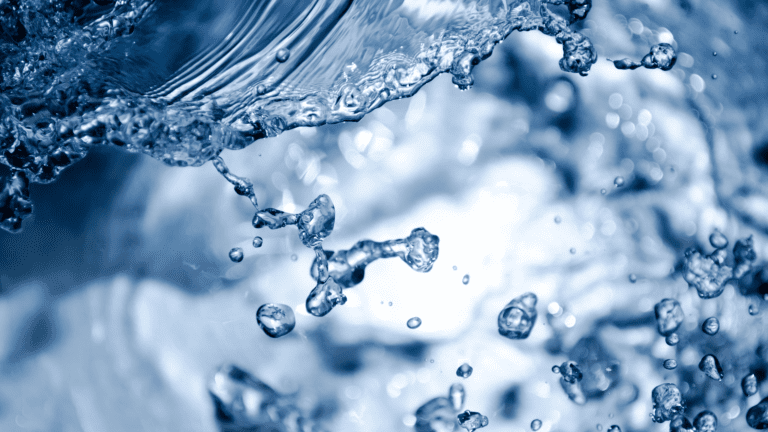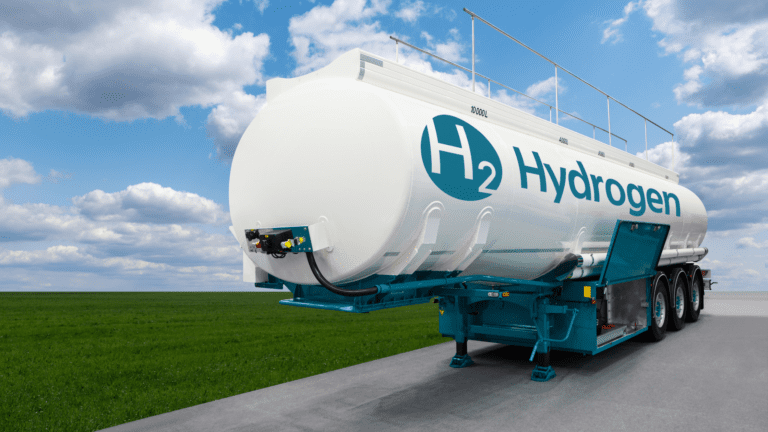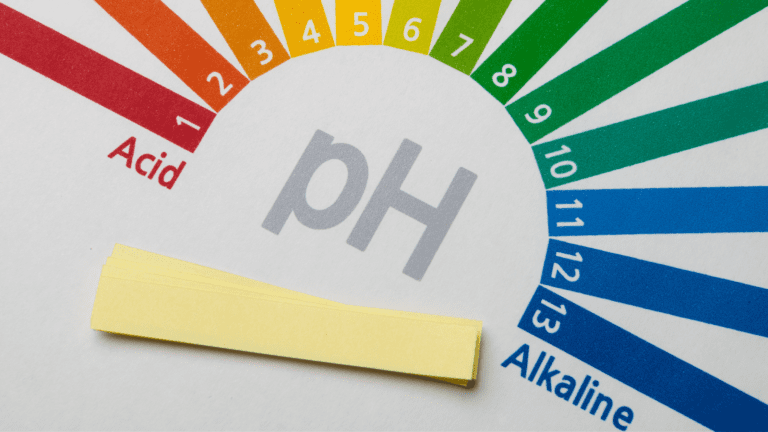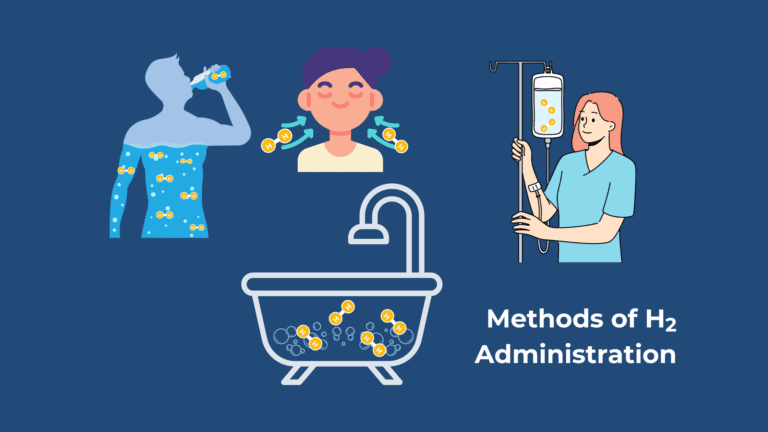Dissolved Hydrogen Versus Undissolved Hydrogen
HYDROGEN GAS IN THE WATER The manner in which hydrogen gas is dissolved in the water has an effect on its stability and rate of exsolution (coming out of solution) and dissipation. Hydrogen gas can exist in water as fully dissolved gaseous solutes, colloidal and suspension forms, as well as large macrobubbles that exit almost…

